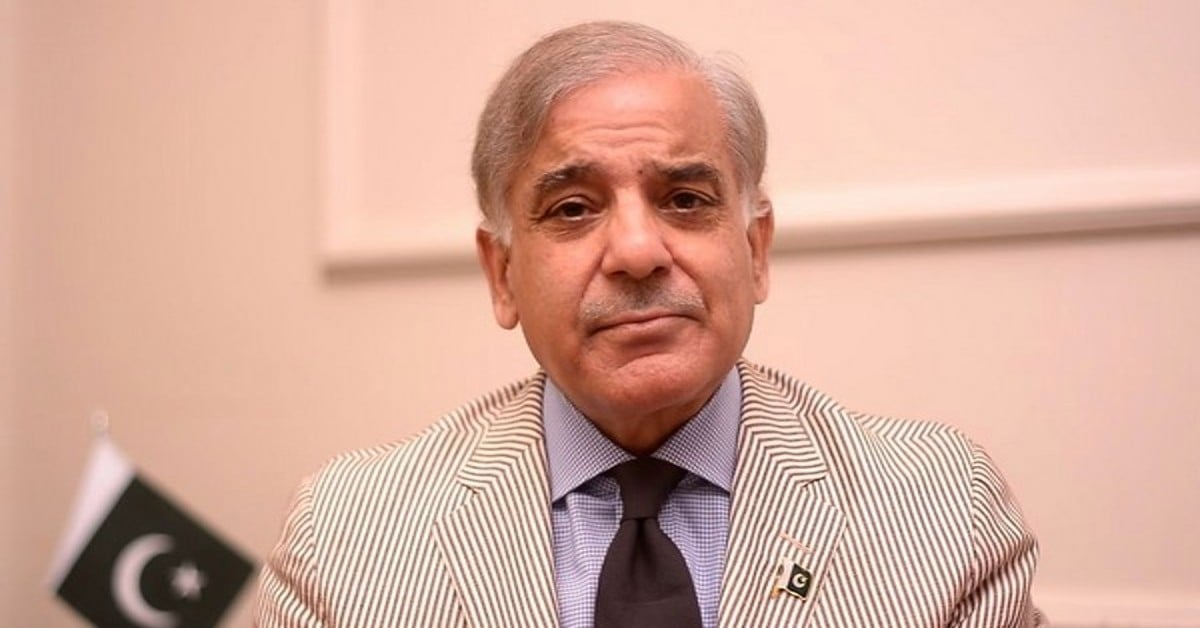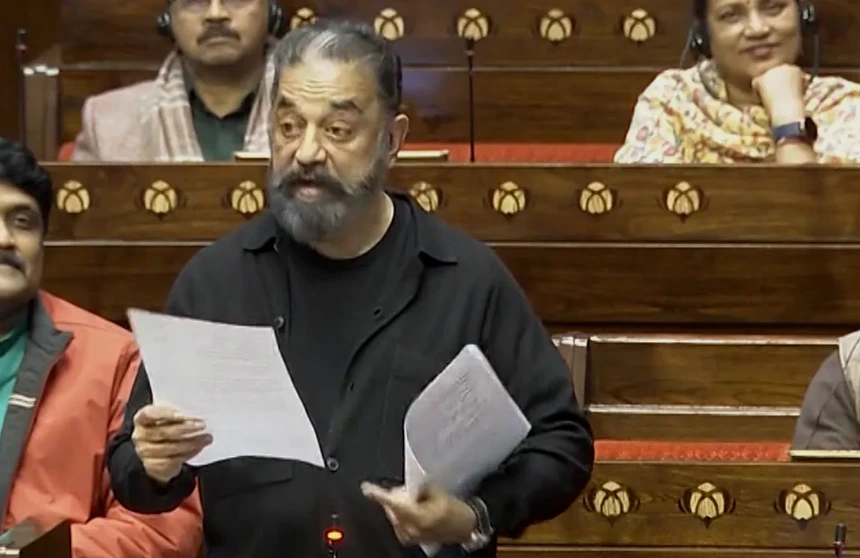Latest world news
New Zealand bans sale of tobacco to anyone under 13, penalty set at Rs 80 lakh
According to the New Zealand government, it is one of the strictest laws in the world.

Latest world news
Pakistan faces domestic backlash after India secures lower tariffs in US trade deal
India’s US trade agreement has sparked criticism in Pakistan after Islamabad ended up with higher tariffs despite sustained outreach to Washington.
Latest world news
New Delhi free to buy oil from any source, Russia says amid US deal claims
Russia has said India is free to purchase oil from any country, dismissing claims that New Delhi has agreed to stop buying Russian crude under a US trade deal.
Latest world news
Moscow says no word from India on stopping Russian oil purchases
Russia says it has received no confirmation from India on stopping Russian oil purchases, despite Donald Trump’s claim that the move was part of a new India-US trade deal.
-

 Latest world news23 hours ago
Latest world news23 hours agoPakistan faces domestic backlash after India secures lower tariffs in US trade deal
-

 Cricket news24 hours ago
Cricket news24 hours agoPakistan PM Shehbaz Sharif confirms boycott of India match at T20 World Cup
-

 India News20 hours ago
India News20 hours agoManipur Assembly to meet at 4 pm today, floor test likely under new chief minister
-

 India News15 hours ago
India News15 hours agoPM Modi accuses Congress of anti-Sikh bias over Rahul Gandhi’s ‘traitor’ remark
-

 India News18 mins ago
India News18 mins agoPariksha Pe Charcha 2026: PM Modi to interact with students at 10 am today
-

 India News8 mins ago
India News8 mins agoPunjab AAP leader Lucky Oberoi shot dead in daylight attack in Jalandhar






